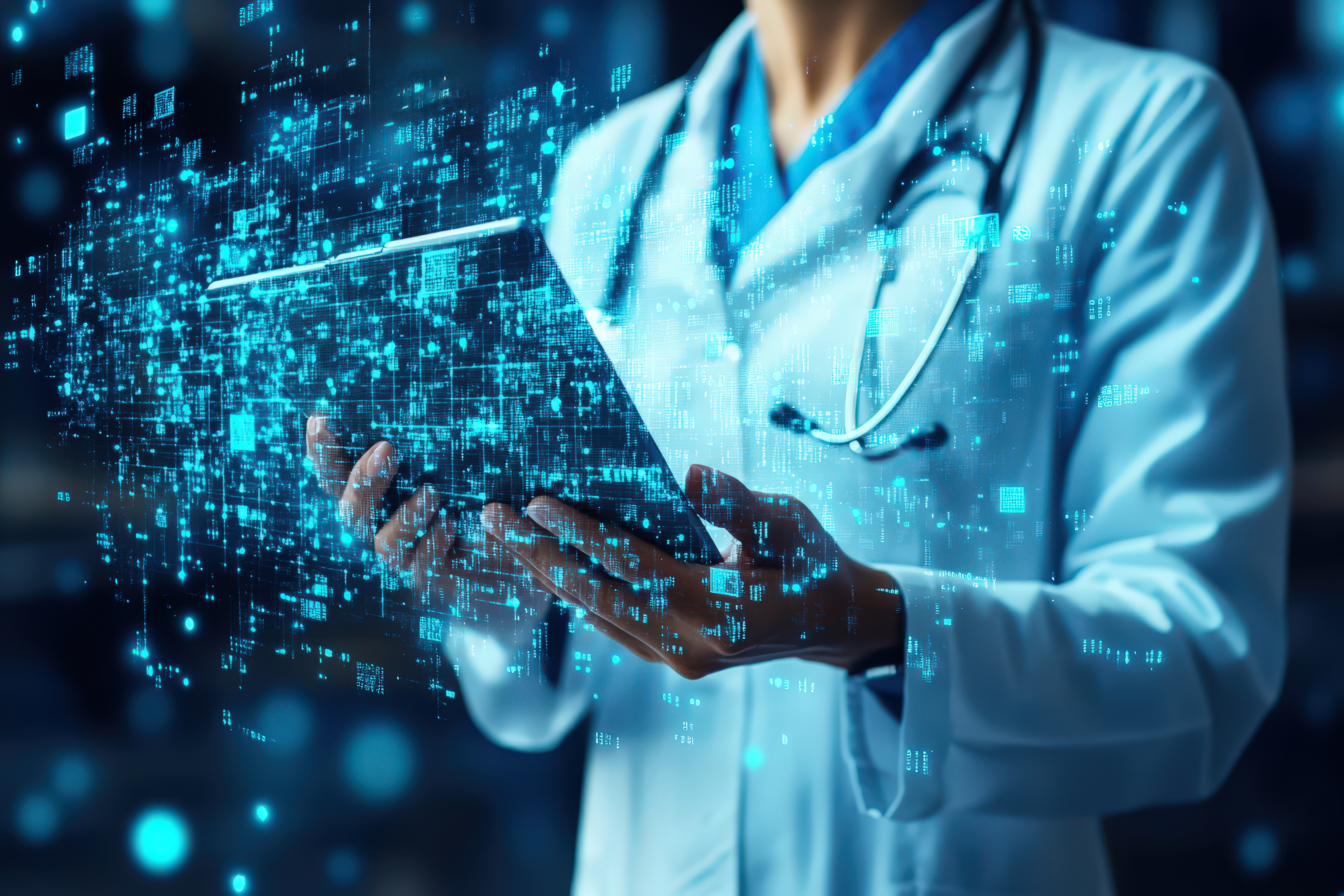Are you a health care student eager to amplify your impact? Imagine a career where clinical expertise merges with data-driven innovation—where you’re not just practicing medicine but shaping its future.
At the University of Pittsburgh’s Department of Computational and Systems Biology, our Computational Biomedicine and Biotechnology (CoBB) Master of Science program is designed to empower health care professionals like you with machine learning (ML) and artificial intelligence (AI) skills that elevate patient care, accelerate research and transform health care systems.
Why machine learning matters in health care
- Developing new treatments and drug discovery
Researchers are using machine learning and AI to identify new treatments for disease. For example, machine learning can model and predict how changes to a drug’s chemical structure will affect its performance. This leads to greater safety for patients and a higher chance of success in the clinical trial phase. Machine learning may also be used to analyze data from clinical trials to find potential side effects of drugs.
- Improving patient diagnosis
Machine learning is helping health care professionals develop better diagnostic tools for analyzing medical images. For instance, data scientists can train ML models to scan radiology images to identify abnormalities, with the potential to improve diagnostic accuracy. This helps doctors make faster and more accurate diagnoses and improve patient outcomes.
- Enhancing data privacy and security
In an increasingly digital age, the protection of sensitive patient data is a major concern. ML models are used to alert health care organizations of potential breaches and unauthorized access to data in real time, allowing for faster response. Machine learning also enables data anonymization and encryption, keeping patient information private.
- Streamlining clinical workflows and saving time
Administrative burdens like documentation, billing and scheduling drain time and attention. ML-driven automation—from clinical note generation to workflow optimization—lets clinicians concentrate on care, not clerical work.
Your Next Step
If you’re motivated to learn the machine learning skill set that can elevate your clinical expertise, earning a master’s degree in Computational Biomedicine and Biotechnology is your path forward. Discover how you can help code the future of medicine today.


